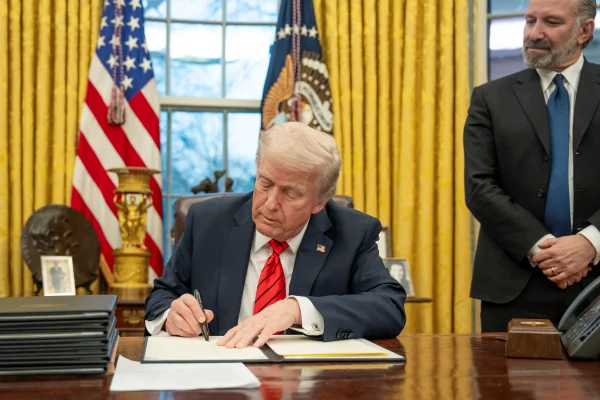As Pandemic Slows, Pet Returns Rise
Pets adopted during Covid are ending up back in shelters now that the pandemic seems to be nearing an end.
Covid caused many students and adults to be home from work and school which led to many families adopting a pet. These pets were meant to improve mental health and provide a friend during quarantine.
Now that Covid has settled down since the beginning of 2020, many people are going back to work and school. These people have found it hard to care for their animals causing the return rates at shelters to skyrocket.
Grace Bean, a six-year senior at Williston, bought a puppy during quarantine, and was extremely excited.
“I had an old dog at home that needed a friend, and I was incredibly bored and needed a new member of the family to occupy my time during quarantine,” she said.
Grace got her Cockapoo puppy at eight weeks old and named him Maclean (Mac) Bean.
Grace realized she was a part of the trend after she got her puppy, but that it was a great time to get one since she and her family were going to be home more.
“My mom had always made claims that she was ready to commit to a puppy and we always told her no because she travels so much for work,” she said. “With Covid, there were travel restrictions and we thought it was a perfect time to get her a puppy since she wasn’t used to being home alone all day without being able to do anything.”
Background checks are something Grace finds important because they allows a pet seller to determine if the person receiving the puppy is a good candidate for a dog, or has planned and discussed it ahead of time.
“I think it’s a hard surprise gift and I don’t think it should be given to someone who has never owned a dog or isn’t in the right kind of household or work situation to take on another commitment,” she said.
Grace thinks that people need to be committed to the new responsibility. When she heard that people started returning the animals after quarantine ended, she wasn’t happy with the impact that has had on animal shelters.
“It isn’t helpful to the animal shelters to be bringing in more mouths to feed when their sole purpose is to get animals out to families, not the reverse of that,” she said.
Overall, Grace thinks Vovid puppies are an impulsive purchase for many people.
“I think people were very desperate for some sort of connection or interaction because it was a super depressing time,” she said.
Data collected by Pet Point found that pet adoptions rose 12 percent in 2020.
According to Best Friends Animal Society, the number of owners returning their pets has risen 82.6 percent since 2020.
The “Covid pet” trend wasn’t just in the U.S. According to the Pet Food Manufacturers’ Association, a total of 3.2 million households in the UK have acquired a pet since the start of the pandemic.
The Kennel Club, the largest organization in the UK devoted to dog health, welfare and training, released a report detailing the rise of “impulse buys” of new pets.
“An overwhelming 83 percent weren’t asked any questions by the breeder about their suitability as owners,” the report, issued August 17, 2020, said. And in the end, “15 percent agree in hindsight, they weren’t ready to get a puppy.”
The Kennel Club report also pointed out that “One in five new owners who bought a puppy during the pandemic admit they hadn’t fully considered the long-term commitment or responsibility that comes with having a dog.”












